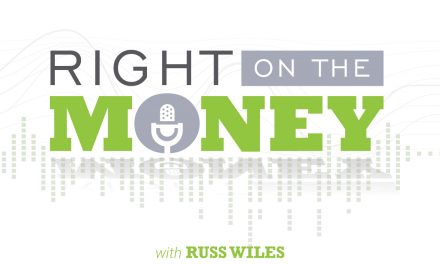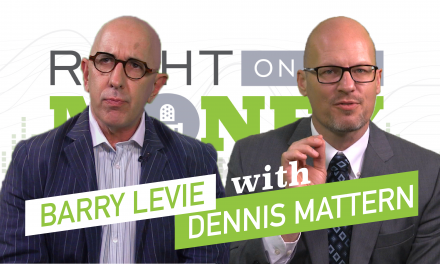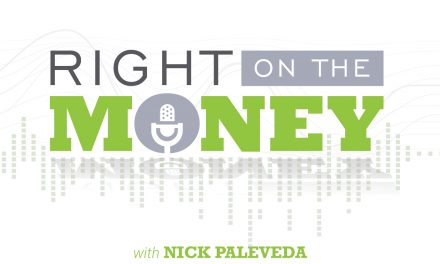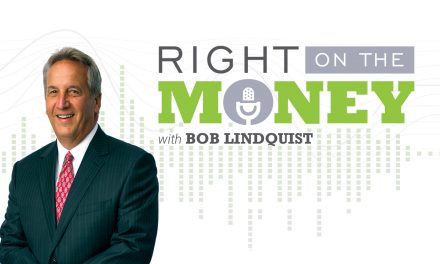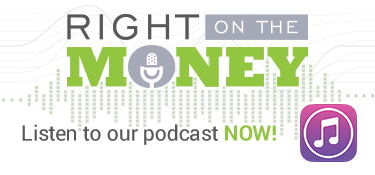New Tax-Free Retirement Strategies May Supplement Traditional 401(k)s & IRAs
Most working Americans are not in a high-effective tax bracket and many don’t receive an employer contribution match. So why glorify a minimal tax deduction on contributions today, only to pay significantly more taxes later in tomorrow’s retirement? Why should you subject your money to the regulatory rules of ERISA plans when you can have much more flexibility outside ERISA’s jurisdiction? Four tax-free strategies may generate more net-spendable income than any retirement plan before.
Now keep in mind, if you are in a high-effective tax bracket, then you may want to fund your 401(k) because saving 35 percent in taxes is a big deal. Or, if your employer matches your contribution, then fund up to the employer match, but no more. It’s free money. But for the rest of young America, you may want to opt out of ERISA and opt into the new tax-free retirement. Watch the interview with retirement consultant Bruce Bullock as he discusses tax-free options for retirement.
There are four retirement resources that can create a tax-free retirement for Americans under age 50: Social Security, reverse mortgages, cash-value life insurance and Roth IRAs.
Depending upon your deductions and exemptions in retirement, you may be able to receive your Social Security benefits tax-free providing you use the other three tax-free retirement resources with no other reportable income.
Utilizing housing wealth to generate tax-free income from a reverse mortgage is simply tapping into your home equity via collateralized loans. Loans are not reportable as income. One word of caution: it is strongly recommend a reverse mortgage should only be considered if you and your spouse commit to living the rest of your life in that home.
Another tax-free equity resource is collateralized policy loans from cash-value life insurance contracts. The policies must be issued as non-modified endowment contracts and kept if force for the life of the policy insured. There are four basic types of cash-value life insurance: participating whole life, universal life, indexed universal life and variable universal life.
You need to determine your risk tolerance before selecting the crediting method used in any of these contracts, as well as any mutual funds or ETFs in a Roth IRA. Roth IRA income is tax-free and not includable in the provisional income test to determine taxation of your Social Security benefits.
Under current law, these four strategies can generate a tax-free retirement and more spendable income in your golden years.
Syndicated financial columnist Steve Savant interviews retirement consultant Bruce Bullock creating a tax advantaged retirement. Right on the Money is a weekly financial talk show for consumers, distributed as video press releases to 280 media outlets nationwide.

